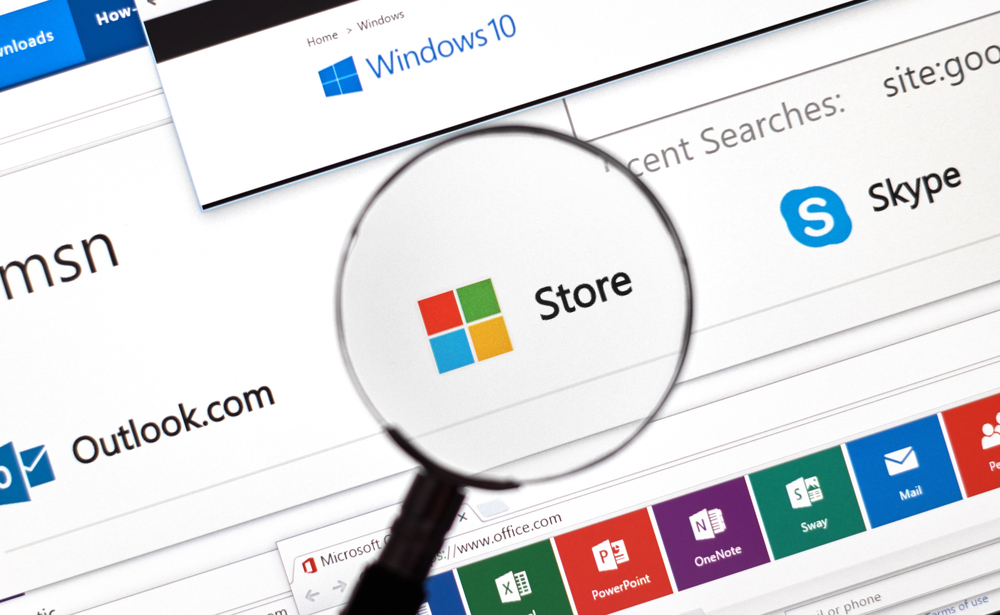When it comes to choosing the right server hosting environment for your business or development needs, realm of the Windows Server-based hosting (“Windows Server hosting”) often stands out—especially for organizations operating within the Microsoft ecosystem. In this article, we’ll look at nine major advantages of Windows Server hosting, explore when it’s the right choice, what to watch out for, and how to make the best use of it.
What is Windows Server Hosting?
At its core, Windows Server hosting refers to a hosting environment that uses the Windows Server operating system as the underlying platform, rather than a Linux or other OS. That means your server runs Microsoft’s server OS, making it natively compatible with Microsoft technologies like ASP.NET, Microsoft SQL Server (MSSQL), SharePoint, and more. HostStage+2Bluehost+2
Because of that native compatibility, businesses that build solutions in .NET, use MSSQL databases, depend on Active Directory/Exchange/SharePoint, or have existing Microsoft-based infrastructure often find Windows Server hosting to be the more seamless choice. HostGator
Now, let’s dive into the nine key advantages.
1. Native Microsoft-Technology Integration
One of the strongest benefits: if your applications are built using Microsoft stacks (e.g., ASP.NET, C#, MSSQL, or you rely on SharePoint/Exchange), then Windows Server hosting gives you native compatibility. No workaround or shim layers required. HostStage+1
For example: using ASP.NET and MSSQL on a Windows server means you don’t have to worry about incompatibilities or missing modules that may occur in non-Windows hosting environments.
2. Familiar Interface & Administration
Many IT teams are already familiar with Windows environments. From the GUI, to Remote Desktop (RDP) access, to the familiar management tools—Windows Server hosting can reduce the learning curve for system administrators compared to a purely command-line Linux environment. HostGator
This can translate into faster setup times, fewer mistakes, and more comfortable operations for teams with strong Windows backgrounds.
3. Enterprise Software Support (Active Directory, SharePoint, Exchange)

Windows-based hosting extends well beyond web hosting—it supports enterprise software ecosystems. Need Active Directory integration, SharePoint sites, Exchange mail servers, or other Microsoft-centric systems? Windows Server hosting supports them more naturally. HostStage
For businesses where collaboration, directory services, or deep software integrations are critical, this is a major advantage.
4. Robust Security & Regular Updates
Because Windows Server is developed and maintained by Microsoft, you benefit from consistent security patches, updates, and enterprise-grade features. As one article notes: “Windows server hosting provides enhanced security features … but typically costs more than Linux hosting alternatives.” Bluehost
In other words: you’re investing in a mature platform with a strong update cadence and wide enterprise support.
5. Scalability & Resource Flexibility
Modern Windows-Server hosting solutions, especially in VPS or dedicated server formats, readily allow for scaling resources (RAM, CPU, storage) as your needs grow. HostStage+1
Whether you start small and expect traffic growth, or need to ramp up for large-scale enterprise applications, Windows Server hosting can scale accordingly.
6. Support for Remote Desktop/Virtualization & Desktop-Hosting Use Cases
Beyond just websites, Windows Server hosting supports scenarios like Remote Desktop Services (RDS), multi-tenant desktop hosting, and virtualization built into the Microsoft stack. Microsoft Learn
If your business uses virtual desktops, hosted applications, or remote user environments, this becomes especially relevant.
7. Diverse Hosting Types (Shared, VPS, Dedicated)
Windows Server hosting isn’t one-size-fits-all. You can choose shared Windows hosting, Windows VPS (Virtual Private Server), or Windows dedicated servers depending on scale and budget. HostStage+1
This flexibility makes it accessible for smaller businesses all the way through large enterprises.
8. Strong Performance for Microsoft-Stack Applications
Because of the alignment between the OS, the web server (IIS), the database (MSSQL) and the application frameworks (.NET), you often get strong performance when you host Windows-stack applications on Windows Server hosting. As one article explains: “Windows web hosting operates your website using Microsoft’s powerful Windows Server operating system as the foundation.” Bluehost
In other words: the stack is optimized end-to-end for your Microsoft-centric workloads.
9. Enterprise-Grade Hosting Providers & Offerings
There are many established hosting providers offering dedicated Windows-Server solutions and enterprise-level service options. For example, one recent article lists 9 best Windows dedicated server hosting providers active in the market. Cherry Servers
This means you have a mature market to choose from—providers with high uptime, managed support, hardware options, and SLA guarantees that match enterprise expectations.
When Should You Choose Windows Server Hosting?
Given these advantages, here’s a quick checklist for when Windows Server hosting is a strong fit:
- Your application stack uses ASP.NET, C#, or other Microsoft-technologies.
- You rely on MSSQL databases or other Microsoft server software (Exchange, SharePoint, Active Directory).
- Your IT team has Windows-based expertise and you want management consistency.
- You expect to scale or need dedicated resources/virtualization under a stable, commercial OS.
- You can commit to paying slightly more (licensing fees + hosting costs) in exchange for tighter integration and enterprise support.
If you don’t meet some of these, you might also consider a Linux-based or open-source hosting alternative—but if your world is Microsoft-centric, Windows Server hosting is often the logical choice.
What to Watch Out For / Potential Trade-Offs
No solution is perfect; here are some cautionary points:
- Higher Cost: Because of Microsoft licensing and enterprise-features, Windows‐based hosting is often more expensive than equivalent Linux plans. Bluehost+1
- Shared Hosting Limitations: If you go with a shared Windows plan, you may still face performance or resource-sharing issues; make sure you understand the limitations. hosting.com
- Less Ideal for Non-Microsoft Workloads: If your website uses PHP/MySQL and doesn’t require Windows technologies, you may be paying for features you won’t use.
- Complexity & Management Overhead: For smaller teams, managing Windows server licensing, patching, and updates can add overhead.
- Migration Considerations: If you later move to a Linux stack or open-source stack, migration away from a Microsoft-focused environment can have friction.
Best Practices for Getting the Most from Windows Server Hosting
Here are some tips to maximise your investment:
- Match your tech stack: Use Windows Server hosting when your application stack truly benefits from Microsoft compatibility (e.g., ASP.NET + MSSQL).
- Choose the right plan: Evaluate whether you need shared vs VPS vs dedicated based on traffic, resource demands, and growth expectations.
- Check OS version & support: Ensure your provider supports recent versions of Windows Server (e.g., 2019, 2022) for security and feature updates. Bluehost+1
- Confirm the database and application support: If you need MSSQL, Full-.NET, RDS, or specific Microsoft tools, verify those are included or supported.
- Implement security best-practices: Even though Windows Server is well-supported, you still need firewalls, backups, patching, and secure access.
- Plan for scalability: Choose a host that allows you to scale up resources (RAM, CPU, storage) without major disruption.
- Backup and disaster-recovery: Ensure the hosting provider offers backup/restore and redundancy options.
- Monitor performance and resources: Make sure you’re not overspending; if you’re under‐utilising your resources, you may switch to a lower tier.
- Review provider’s SLA & support: As with any enterprise hosting, uptime guarantees, support responsiveness, and maintenance windows matter a lot.
Conclusion
In today’s hosting landscape, the decision of “Windows vs Linux” or “Windows Server hosting vs something else” is ever more important for businesses embedded in the Microsoft ecosystem. By choosing Windows Server hosting, you unlock nine strong advantages: native Microsoft integration, familiar administration, enterprise software support, strong security, scalability, remote/virtual desktop capability, a variety of hosting types, optimized performance for Microsoft stacks, and a mature provider market.
If your business relies on Microsoft technologies, then investing in Windows Server hosting is not just a technical decision—it’s a strategic one. And by being mindful of the costs, alignments, and best practices, you’ll position your infrastructure for reliability, grow with your business, and avoid potential pitfalls

